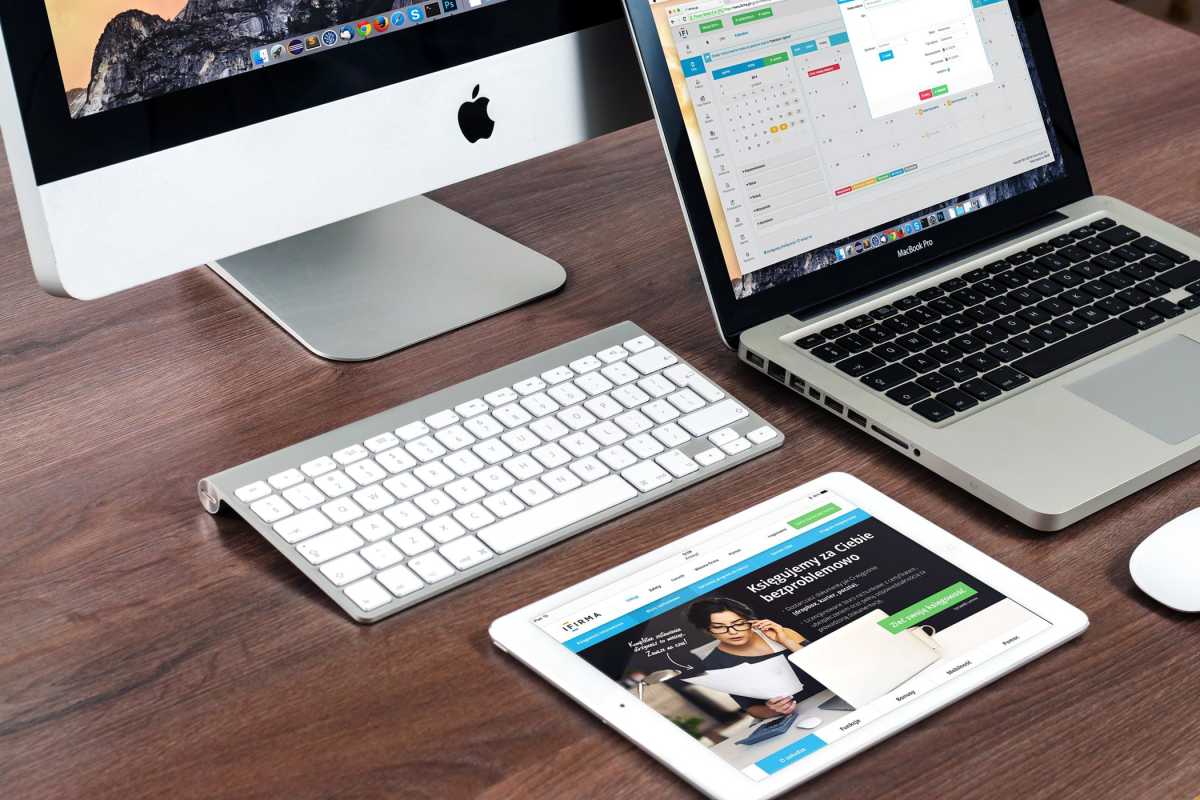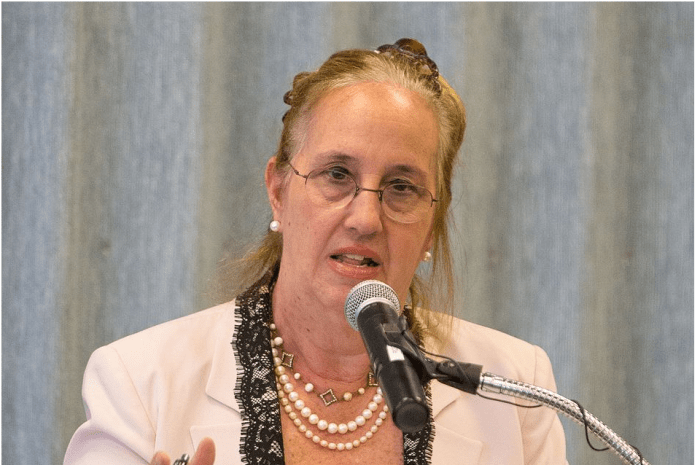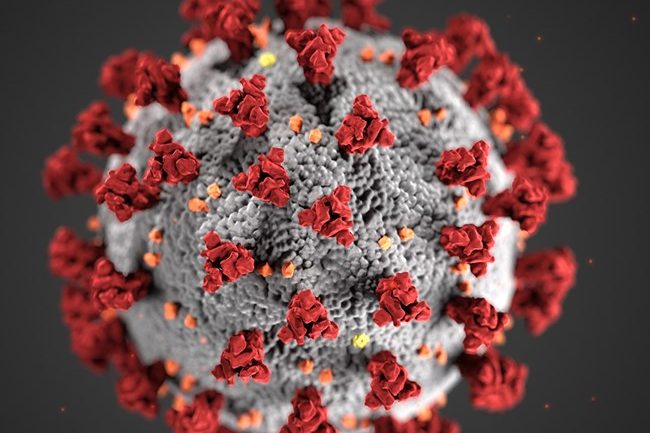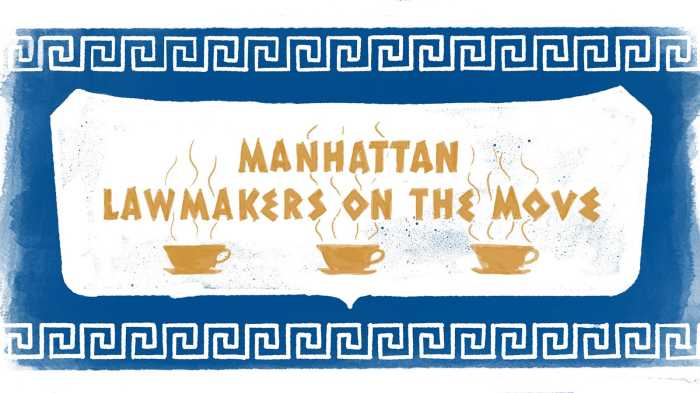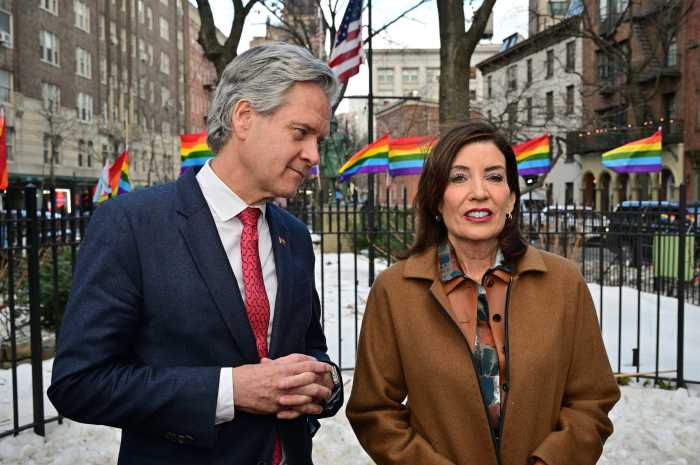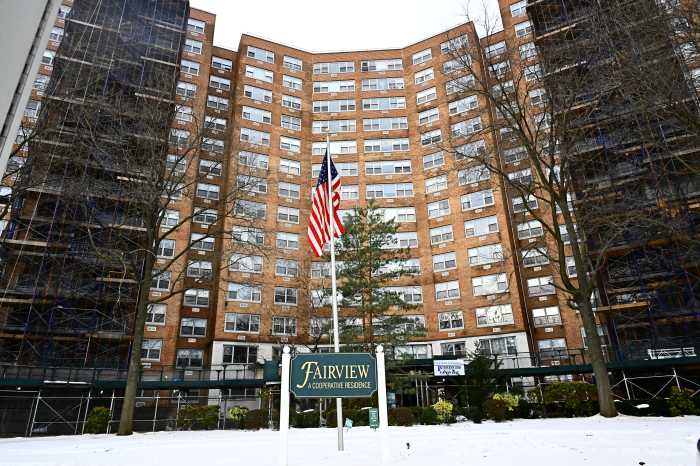Councilmembers Ben Kallos (D-Yorkville, Lenox Hill) and Farah Louis (D-Brooklyn) introduced a bill Thursday that would provide every public school student in the city who needs one with a free laptop and tablet with Internet access and uploaded digital textbooks containing relevant cultural affairs.
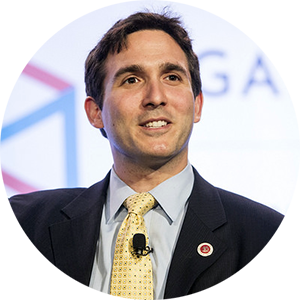

The proposal comes as a solution to the many students who lack this important equipment for remote learning during the COVID-19 pandemic. In order to monitor the cost of this ambitious proposal, the bill requires the Department of Education to report on the demographics of which students access these remote learning devices, their housing situations, Internet connections that already exist at their homes, sources of computer funding, and information on all DOE computers by September 1.
“Every student should have a computer and Internet as part of their public school education. The home work gap was bad before the pandemic and has only gotten worse for low-income students of color who don’t even Internet or a device with a keyboard in their home,” said Kallos. “Our segregated public school system continues to perpetuate systems of racism in their failure to get low-income students of color the device they need.”
Louis agreed, adding that a city as wealthy as New York has no excuse not to provide for its citizens.
“New York City, the largest and wealthiest city in the country, should be more than capable of providing all students — regardless of race or income — with a high-quality education and the fundamental skills to excel in their studies. However, the COVID-19 pandemic exposed the present-day challenges that Black and brown students must overcome to regularly attend classes and submit their coursework,” she said.
“Without computers or affordable internet access, the achievement gap will only worsen in divested communities. It is the City’s responsibility to accelerate their efforts to bring households into the 21st century, and help secure their future. If we cannot end the racial disparities that exist in the nation’s largest public-school system, then we have failed 1.1 million students who deserve a head start in life.”
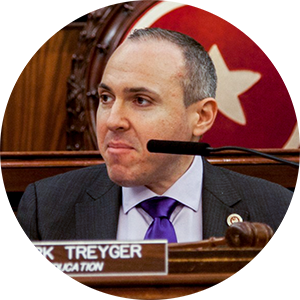
City Council Education Committee Chair Mark Treyger (D-Bensonhurst, Coney Island, Gravesend, Sea Gate) came out in support of his colleagues’ bill.
“The fact thousands of our kids part from under-resourced communities still don’t have a device is unacceptable and shameful. The only thing worse than over 77,000 kids not having access to technology and the internet is knowingly starting the school year with this alarming data,” he said. “This legislation that my colleagues and I put forth will immediately account for every child from every zip code having the technology, internet, and quality education they deserve and are constitutionally entitled to.”

Public Advocate Jumaane Williams (D) also endorsed the legislation, hailing it as a way to bridge the “digital divide” between white and nonwhite students.
“The pandemic has exacerbated the same educational inequities that made New York City schools the most segregated in the nation, and deepened the digital divide. By refusing to more fully invest in expanding and improving remote learning this semester, the administration has left thousands of students without the tools they need to get the education they deserve,” he said.
Manhattan Borough President Gale Brewer (D) and Brooklyn Borough President Eric Adams (D) echoed Williams’ points.
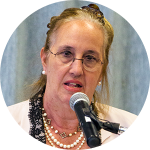
“The pandemic has widened the digital divide between families who have access to high-speed internet and computers and those who don’t, particularly families of color, who stand to be left behind when it comes to their children’s educational future,” said Brewer. “I thank Council Member Kallos for his leadership in introducing this bill which will provide laptops to New York City Public School students and provide transparency on how the City allocates its technology resources for students and which populations are being prioritized,”
Adams elaborated on Brewer’s thoughts.

“It is a disgrace that almost seven months into remote learning, there are still more than 77,000 outstanding requests for learning devices from students trying to access their classes. This failure threatens to further widen the achievement gap, which falls hardest on students of color and those with unstable living situations,” he said.
“I was proud to stand with Council Member Kallos and Council Member Treyger two weeks ago in calling for greater transparency from the DOE and greater buy-in from our internet service providers, and I am just as proud today to advance these efforts with further partnership from Borough President Brewer and Council Member Louis. This legislation is an important step toward ensuring we get clear answers from the DOE on remote learning so that our most vulnerable scholars do not get left behind during this unprecedented period.”
Andrew Rasiej, founder of Mouse.org and CivicHal.org, emphasized the importance of such devices in education’s new normal.
“With or without the Covid-19 crisis, access to public education resources now requires access to the Internet, and without question, proper access to the Internet requires a laptop, FULL STOP!” he said. “By providing every public school student with a guaranteed laptop, New York City is guaranteeing the future of its youth and its own future too.”


